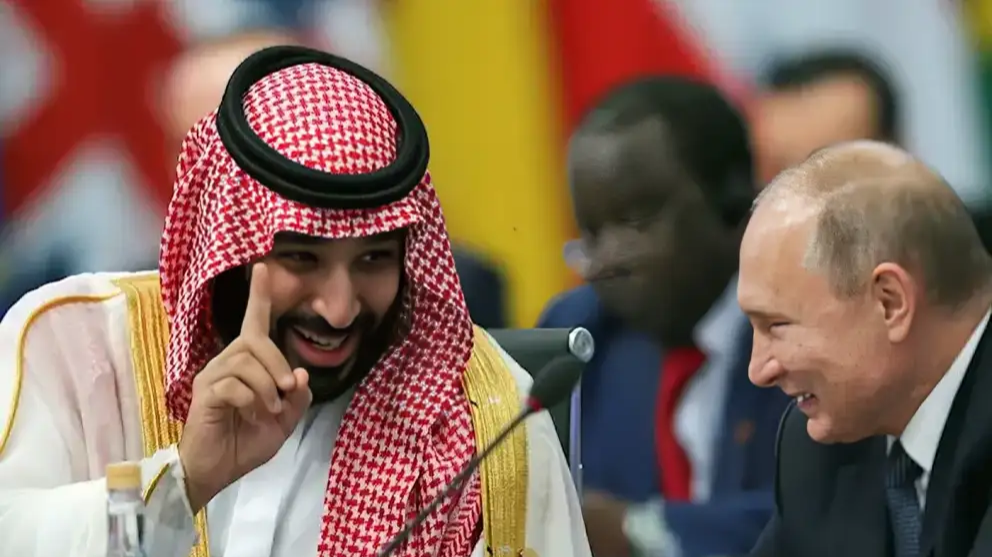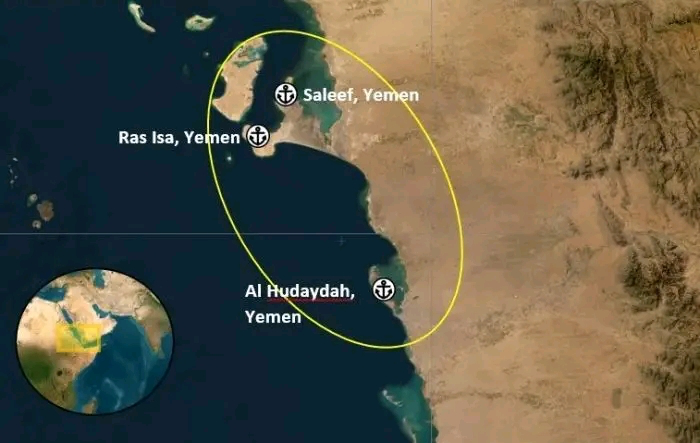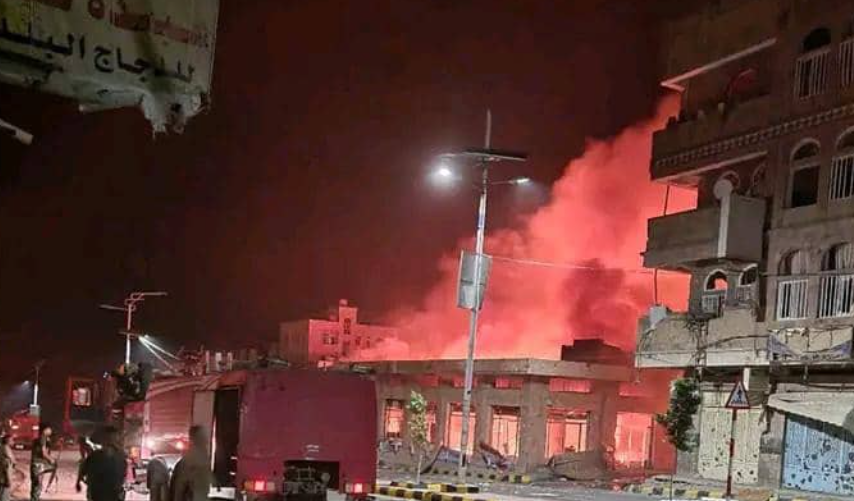
Barran Press
In a significant development, Russia reportedly backed down from a plan to supply weapons to the Houthi rebels in Yemen last month, following behind-the-scenes efforts by the United States and Saudi Arabia, according to a CNN report.
Sources familiar with the matter told CNN that Russia had been preparing to deliver missiles and military equipment to the Houthis, designated as a terrorist organization by the US, in late July. However, the plan was scrapped after Saudi Arabia, engaged in a long-running war with the Houthis before a fragile truce brokered by the US in 2022, warned Russia against arming the group.
The US, which has been involved in numerous diplomatic efforts to prevent Russia from supplying weapons to the Iranian-backed rebels, also separately requested Saudi assistance in persuading Moscow to abandon the shipment.
While the US-Saudi discussions and the impending arms transfer have not been previously reported, the Kremlin has yet to respond to a request for comment. The Saudi embassy in Washington declined to comment.
The US designated the Houthis as a "global terrorist organization" in January, following months of missile and drone attacks by the group against commercial shipping in the Red Sea. Despite multiple rounds of sanctions and US military strikes on Houthi weapons infrastructure, the group has continued to target commercial vessels in the vital waterway.
A senior US official, while declining to discuss specifics of Russia's plans to arm the Houthis, told CNN that the US considers any attempt by a third party to bolster the Houthis' weapons supply "inconsistent with the goals we are trying to achieve."
The official added that the Houthis' involvement in such arms deals "would demonstrate to us their lack of commitment" to peace talks. "The Houthis seem to be moving away from commitment to peace in Yemen right now," the official stated.
CNN reported that it remains unclear to the US intelligence community whether Saudi Arabia's reaction was the deciding factor in Russia's decision to abandon its plan to arm the Houthis, or if it was merely one of several factors that led Russian President Vladimir Putin to change his mind.
Officials noted that the Russians "saw arming and advising the Houthis as a way to retaliate against the Biden administration for its decision to allow Ukraine to strike inside Russian territory using weapons provided by the US."
Sources added that while the weapons transfer was ultimately called off, Russia did deploy military personnel to Yemen to advise the Houthis for three days in late July. US officials observed large Russian vessels making an unusual stop in the southern Red Sea, where Russian personnel disembarked and were picked up by the Houthis in a boat and transported to Yemen. The Russians were carrying bags, but nothing appeared large enough to hold weapons or their components.
It remains unclear whether the Russian ships were carrying the equipment Russia had been preparing to transfer to the Houthis before the Kremlin abandoned the plan. Sources told CNN that before and during the Russians' visit to Yemen, the Houthis took the unusual step of issuing a notice to mariners warning ships of potential hazards at sea.
A US official said intelligence indicated that the Houthis were planning to conduct live-fire exercises while hosting the Russians, but those plans appear to have been canceled as well.
On June 29, a senior US official said that Saudi Crown Prince Mohammed bin Salman intervened to prevent Russian President Vladimir Putin from supplying the Houthi group with anti-ship cruise missiles, according to Middle East Eye.
The website, in a report monitored by Barran Press, said a US official, citing intelligence information, said that Russian President Vladimir Putin had considered supplying the rebel Houthi fighters with anti-ship ballistic cruise missiles.
The website said, "Russia may be thinking about how to help the Houthis," noting that Russia is allied with Iranian forces and allied groups that support Syrian President Bashar al-Assad.
In January, Russian Deputy Foreign Minister Mikhail Bogdanov, Deputy Foreign Minister for Middle Eastern Affairs, received a delegation from the Houthis in Moscow.
However, providing weapons to the Houthis may be more sensitive than helping Hezbollah because of Russia's efforts to court oil-rich Gulf states, according to Middle East Eye.
According to US intelligence, Saudi Crown Prince Mohammed bin Salman intervened to prevent Putin from supplying the Houthis with missiles.
The website quoted the senior US official as saying: "Putin contacted Mohammed bin Salman, who asked them (Russia) not to follow through with this arrangement."
The discussions took place after Putin's visit to Saudi Arabia and the United Arab Emirates in December, according to US intelligence. During the December meeting, Reuters reported that Putin and Mohammed bin Salman agreed to "de-escalate tensions" in the region.
The Houthi group, designated as a terrorist organization by the US, began its near-daily attacks on ships transiting the Red Sea in November 2023, prompting the US and the UK to conduct several rounds of airstrikes inside Yemen in an attempt to destroy their weapons infrastructure.
Since the Israeli attack on the port of Hodeidah (western Yemen) on July 20, which was met with widespread local and Arab condemnation, the Red Sea region has witnessed a noticeable lull, while US forces continue limited airstrikes against the group's military sites and capabilities.
Over the past two weeks, there have been no reported attacks by the Houthi group, which is globally designated as a terrorist organization. The last attack claimed by the group was a day before the Israeli attack on Hodeidah, specifically on July 19, 2024, targeting the (Lobivia) ship in the Gulf of Aden.





